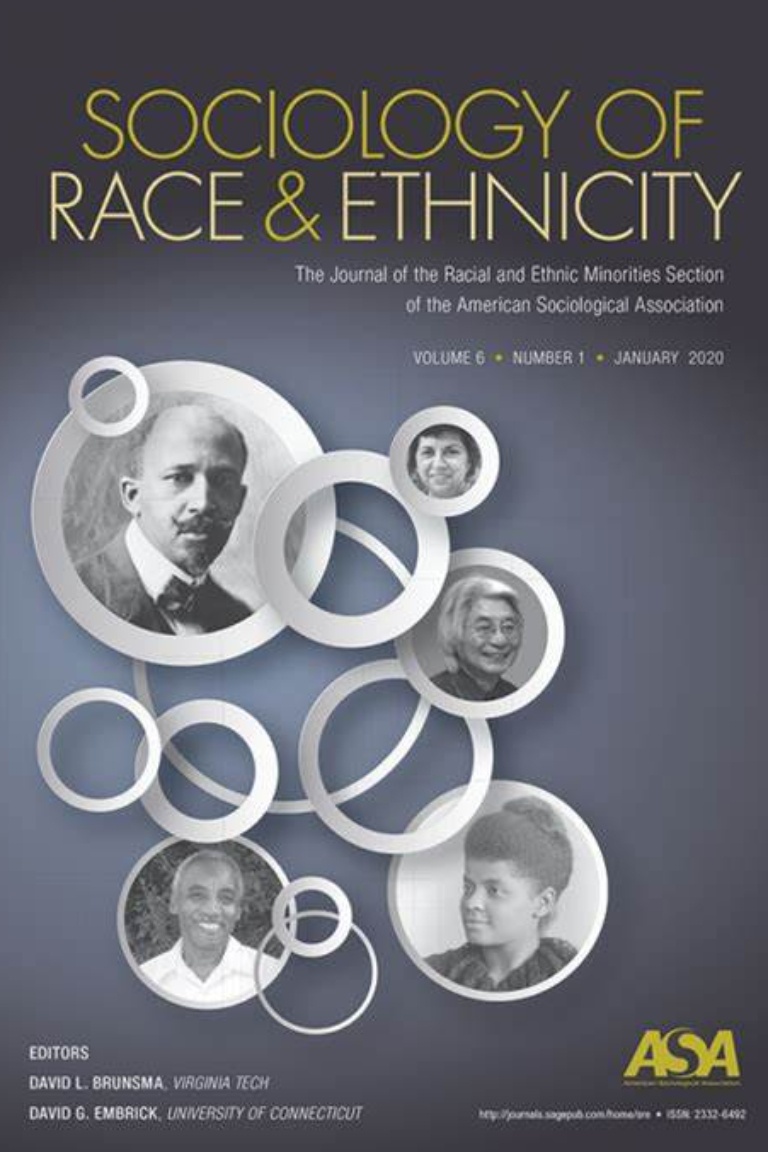Existing evidence indicates that racial discrimination is a common, if not pervasive, feature of Black Americans’ experiences in U.S. consumer markets. However, few studies have quantitatively explored specific social psychological and interactional consequences of consumer racial discrimination. In response, we draw from literatures on experiences, attributions, and reactions to racial discrimination to posit and test for Black-White differences in consumers’ behavioral responses to dissatisfactory dining experiences. Specifically, past research shows that Black Americans’ dissatisfactory experiences in consumer markets are more often perceived to be the result of consumer racial discrimination. Given their increased exposure to racial discrimination in consumer markets and the United States more broadly, we posit that Black customers will react more punitively to dissatisfactory restaurant experiences than White customers. We test this notion using a within-subject experimental design and regression analyses of survey data collected from a consumer panel of White and Black U.S. adults (n = 307). Results indicate that Black respondents in this sample are more likely than White respondents to penalize their server’s tips and lodge a complaint when dissatisfied with restaurant food and/or service. These findings are consistent with the prediction that Black American consumers tend to react more punitively on average to dissatisfactory consumer experiences than Whites and are consistent with prior scholarship linking coercive and unjust experiences to retributive behaviors. We conclude by discussing implications of these results and the need for further research on racial discrimination in U.S. restaurants and related consumer markets.
Tableside Justice: Racial Differences in Retributive Reactions to Dissatisfaction
Tableside Justice: Racial Differences in Retributive Reactions to Dissatisfaction
- Zachary W. Brewster, Jonathan Brauer
- Publication Date
2017 - Website
- View publication details
 The College of Arts
The College of Arts